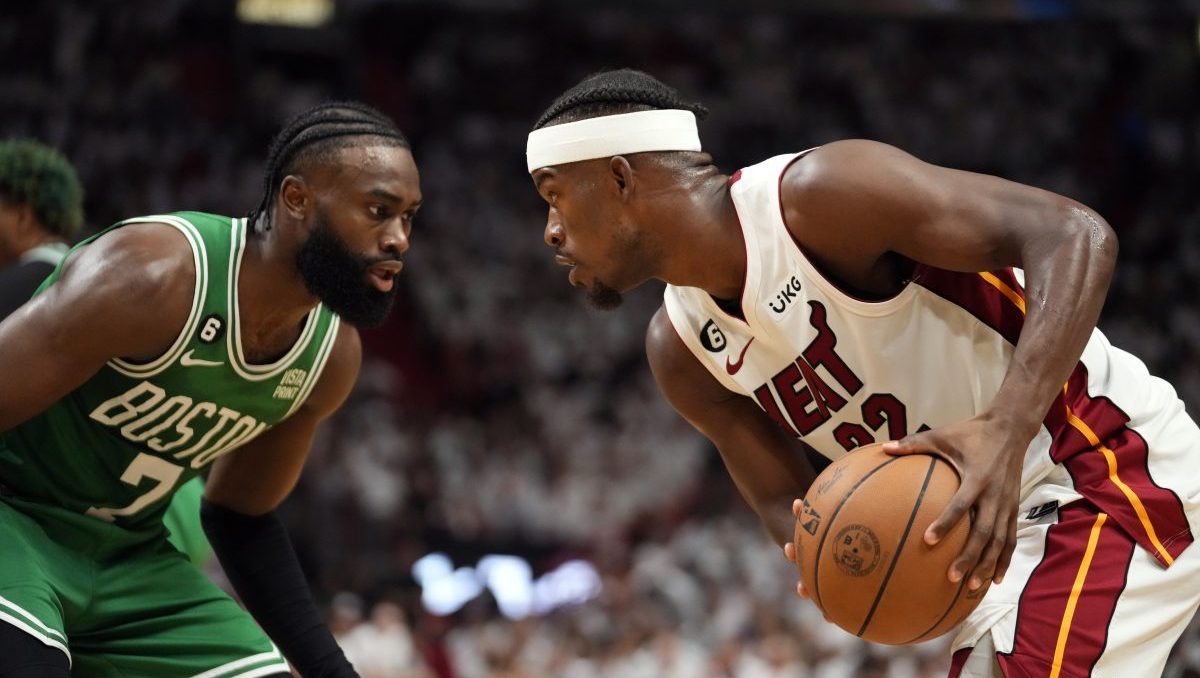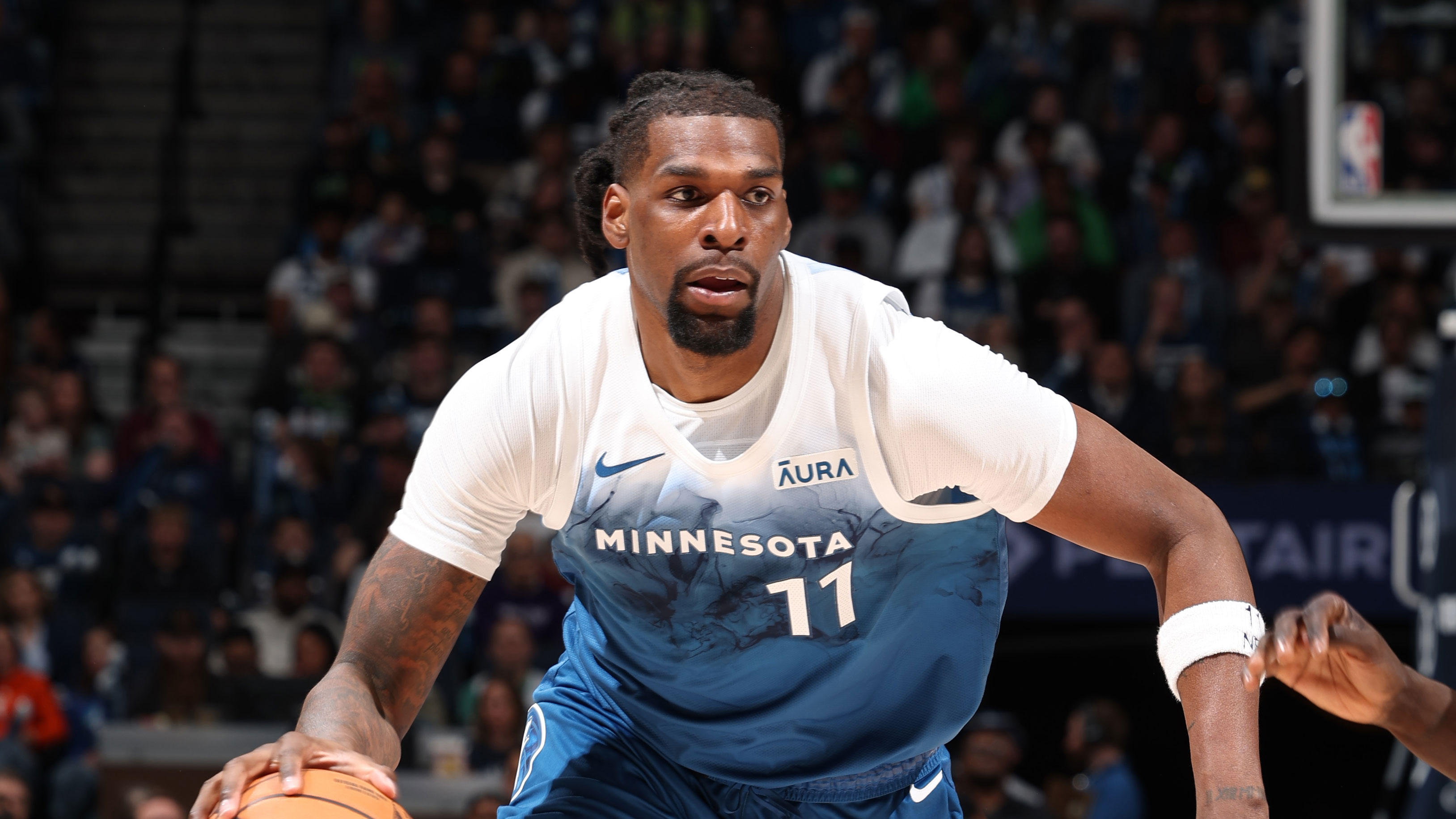Four years ago the Bulls selected Kentucky's Marquis Teague, in part, as a security blanket for the rehabilitating Derrick Rose, who would wind up missing the entire season after ACL surgery.
At the time general manager Gar Forman admitted Teague filled a need - C.J. Watson and John Lucas III were free agents - but that the Bulls were also happy with the value he brought back with the 29th pick.
The 19-year-old Teague had just helped lead a Wildcats team to a national title alongside Anthony Davis and Michael Kidd-Gilchrist, the top two picks in that 2012 draft. The former five-star high school recruit had excellent speed, length and passing acumen. His inconsistent jumper - he shot just 41 percent from the field at Kentucky - and decision making meant he would be a project at the next level, but one with potential. That offseason the Bulls signed Nate Robinson and Kirk Hinrich to ease the transition.
The results were disastrous. Teague's shot never improved, he looked lost defensively and his work ethic was questioned. The Bulls cut their losses midway through his second year, dumping his salary to Brooklyn in exchange for Toko Shengalia, while playing out the season with D.J. Augustin and Hinrich - Rose suffered a torn meniscus in November; cutting bait on point guard depth showed just how far Teague had fallen.
The Bulls kept the diminutive point guard carousel turning in 2014, swapping out Augustin with Aaron Brooks. They also added E'Twaun Moore as a combo guard behind both Derrick Rose and Jimmy Butler. Both Brooks and Moore remained in Chicago in 2015 but will hit free agency on July 1. Where Brooks struggled mightily, barely eclipsing 40 percent from the field, Moore blossomed under Fred Hoiberg, averaging 7.5 points on 48.1 percent shooting. The Bulls would like to retain the latter, but Moore may look for a bigger role elsewhere this summer.
As successful as the Bulls have been at finding point guard talent on the waiver wire - Robinson, Augustin, Brooks (two years ago) and Moore (last year) all were serviceable reserves who performed well when injuries struck - it's a position they've barely touched since drafting Rose, and avoided entirely since the Teague disaster. And now with free agency just a year away for Rose, the future of the position is in question.
Since the Bulls used the first overall pick on Rose in 2008, they've drafted a point guard with just one of their 10 selections. Only four other teams have drafted just one point guard in that span: Toronto, which traded for two-time All-Star Kyle Lowry in 2012; Charlotte, which drafted point guard Kemba Walker in 2011; and Cleveland, which took Kyrie Irving first overall in 2011 and also found their backup in Matthew Dellavedova as an undrafted free agent in 2013.
NBA
Some of the reasoning behind the Bulls' lack of attention to the position in drafts is, well, positioning. It wasn't a need after Rose exploded onto the scene as the Rookie of the Year and won MVP two seasons later. A year after selecting Teague the Bulls watched Dennis Schroder and Shane Larkin go two and three picks before their No. 20 slot, where they opted for Tony Snell. In 2014, three point guards (Exum, Smart, Payton) went in the top-10, and the Bulls had their sights set on Doug McDermott when they traded up to No. 11. And last year Duke's Tyus Jones could have been an option, but SEC Player of the Year Bobby Portis fell into their laps at No. 22.
In less than two weeks the Bulls will again have a decision to make, this time at No. 14, the highest they've been slotted to select since they drafted Rose with the first pick in 2008.
And unless another no-brainer talent unexpectedly falls - Marquette's Henry Ellenson or Kentucky's Jamal Murray - the Bulls could find both a short-term and long-term answer in another young Kentucky point guard.
Tyler Ulis returned to the Wildcats expecting to shoulder more of a leadership role. That's what happens on John Calipari-led teams: stay more than a year and you're suddenly a veteran in a locker room full of high school talent.
Ulis, a five-star prospect at Chicago's Marian Catholic, watched as six of his teammates - including three fellow freshmen - were selected in last June's NBA Draft. After playing behind the Harrison twins, Andrew and Aaron, Ulis got his shot in the spotlight in 2015-16. He led a Kentucky team with yet another top-ranked recruiting class to a 27-9 record and an SEC Tournament title.
Ulis proved more than capable of an increased role, averaging 17.3 points and 7.0 assists in nearly 37 minutes per game. The littlest guy on the floor most nights was also the best defender, earning Defensive Player of the Year honors after racking up 1.5 steals per game. He became just the second player in SEC history to earn Player and Defensive Player of the Year honors. The other? Anthony Davis.
"That second year I had to do way more than I did my freshman year," Ulis said at last month's combine. "I learned a lot about myself. Learned how to be a leader on and off the court and I feel like it helped me through this process."
There are questions about how Ulis' size will translate at the next level. He measured in at 5-foot-10 with shoes and weighed only 149 pounds, the smallest player by more than 14 pounds. He had the combine's shortest wingspan, hand length and width, and standing reach. While his height won't change, Ulis spoke at the combine about how working with a nutritionist during the pre-draft process will help him put back on the 10 pounds he lost during the basketball season.
He'll figure out his weight. The height is another issue.
But the rise of Boston's Isaiah Thomas, who at 5-foot-9 became the NBA's shortest All-Star last season, has given players like Ulis hope of not only staying in the NBA, but thriving in it.
Even Chris Paul, Ulis' favorite player and someone he models his game after, is only 6 feet tall.
"It's very inspirational," Ulis said of Thomas' All-Star campaign. "What he's doing at the next level is crazy, it's unbelievable. Nobody thought he would do it. He was the 60th pick in the draft and he talks about how he proved people wrong. He acknowledges it, and I feel like it's a great thing for me to see."
The Bulls should have an opportunity to select Ulis, who's slotted to go anywhere from the late lottery to the late 20s.
While he still needs to add weight to his frame before he's ready to defend at the next level, his basketball IQ, ability to thrive in transition and outside shot all go hand-in-hand with Fred Hoiberg's offensive philosophies. His assist-to-turnover ratio was sixth best in the country and he shot a respectable 44 percent, including 49 percent from inside the arc. His skill set would be a perfect fit for a Bulls offense that ranked 25th in efficiency last season.
Gar Forman and John Paxson will have their pick of point guards at No. 14, unlike in years' past. Names like Demetrius Jackson, Wade Baldwin IV and Dejounte Murray all should be available at the end of the lottery. Only Kris Dunn will be gone by No. 14, and even he is a player the Bulls reportedly have interest in.
Ulis couldn't be more different than Teague, both in stature, skill set and poise. And yet he's similar in that he gives the Bulls another chance to get their hands on a point guard with potential as a future building block. It'd be premature to dub Ulis the heir apparent to Rose, whose future with the Bulls is still in question. Rose notwithstanding, Ulis could give the Bulls, at the very least, an efficient guard on the second unit with room to grow. In a best-case scenario he becomes the point guard of the future, the latest in a line of Calipari guards to do so.
"I've always believed in myself, had confidence in my game. I'm just going to keep playing through," he said. "At my size I have to come out with a chip on my shoulder, play hard, work harder than everybody and just try to prove them wrong."


